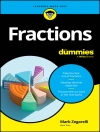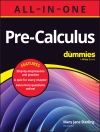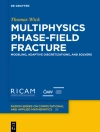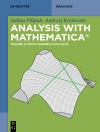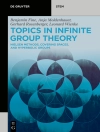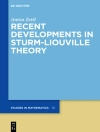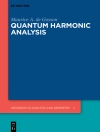Sounds can be harmonic, number sequences too – a coincidence?
This book deals with a musical theory of proportions, i.e. the ancient doctrine of proportions as the oldest and most important common anchorage of the two cultural sciences mathematics and music.
The musical theory of tones, intervals, tetrachords, sounds and scales is in fact the exact musical image of the laws of arithmetic and its symmetries in the set of rules of playing with numbers, their proportions and their medievals. Alone the miracle of the so-called Harmonia perfecta maxima 6 – 8 – 9 – 12, whose proportions determine the fifth as well as the fourth, form the octave and have the brazen whole tone in their center, shaped the musical edifice of Pythagorean music for thousands of years. This elementary chain of proportions 6 : 8 : 9 : 12 is, moreover, completely symmetrical and built up from the arithmetic as well as from the harmonic medieta of the octave numbers 6 and 12.
This book develops the theory of proportions as a mathematical science and always contrasts it with the musical motivation by means of numerous examples. The main idea is the derivation of a theory of symmetry from the Harmonia perfecta maxima to the Harmonia perfecta infinita abstracta, a process of unlimited tone generations by Babylonian mean iterations. From this, both the classical-antique diatonic is simultaneously extracted and the path ‘from the monochord to the organ’ is re-examined.
Finally, the work contains a mathematically guided introduction to the ancient tetrachordics as well as to the church tonal scales and concludes with an excursion into the sound worlds of the organ. Here the ‘foot-number rule of the organ’ leads us by means of examples into the world of the tonal dispositions of this instrument and shows the omnipresence of the ancient theory of proportions.
This book is suitable for anyone with an interest in mathematics and music.
This book is a translation of the original German 1st edition Proportionen und ihre Musik by Karlheinz Schüffler, Springer-Verlag Gmb H Germany, part of Springer Nature in 2019. The translation was done with the help of artificial intelligence (machine translation by the service Deep L.com). A subsequent human revision was done primarily in terms of content, so that the book will read stylistically differently from a conventional translation. Springer Nature works continuously to further the development of tools for the production of books and on the related technologies to support the authors.
قائمة المحتويات
Introduction.- For use: proportion convention a:b or b:a?.- Proportions.- Proportion chains.- Medietas.- Proportion sequences of Babylonian medietas.- The music of proportions.- APPENDIX.- Proportion table of the most important pure intervals.
عن المؤلف
Prof. Dr. Karlheinz Schüffler is a mathematician and musician. As a mathematician he teaches at the University of Applied Sciences in Krefeld as well as at the University of Düsseldorf. As a musician he practices church music with a focus on organ, Gregorian chant and choir conducting.


